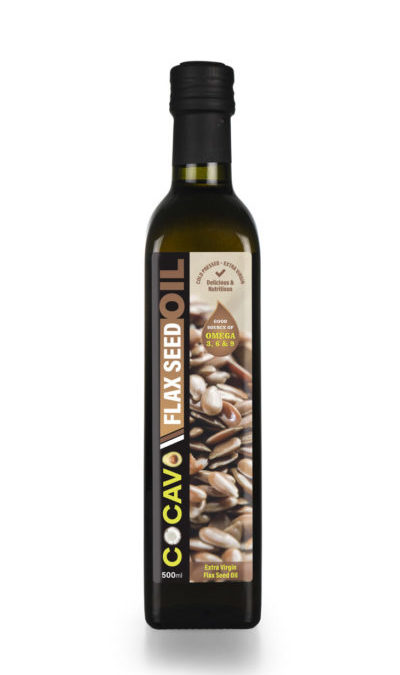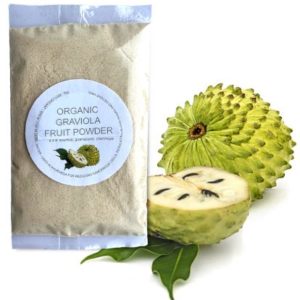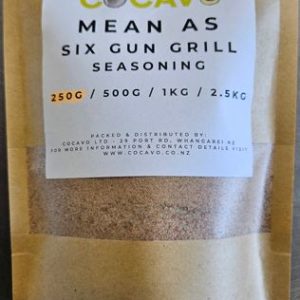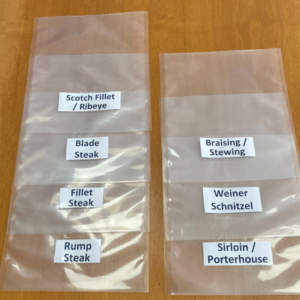ABOUT FLAXSEED OIL
My first encounter with flaxseed oil, also known as linseed or flax oil, was via a plate of mashed potatoes crowned with a generous drizzle of the golden yellow oil. Outside of that specific dish, I had only come across flax seed oil in it’s raw form known as Linseed Oil for protecting wood. I must admit, I loved this oil from the very first taste and now use it on a daily basis to add health to my diet.
But the subtle, mildly nutty flavor of flaxseed oil can add something interesting to simple recipes we cook quite often! Here’s what to know about it.
Flaxseed Oil
It is also known as: Linseed oil or flax oil
It has a Low smoke point of 225°F
The best uses are as a finishing oil for salads, grain meals including porridge’s, grilled meats or boiled vegetables, in salad dressings or dips, or drizzled into smoothies or shakes.
What to Know about Flaxseed Oil
Flaxseed oil is the oil pressed from dried flax seeds. It has many unique properties that work well in more commercial applications, from wood finishers to the manufacturing of linoleum, but in the culinary context it’s used as a finishing, not cooking, oil.
How to Store
Flaxseed oil will degrade with exposure to heat, light, and air, causing it to go rancid and taste quite bitter. This is the case for many vegetable and cooking oils, but flaxseed oil is especially susceptible so it’s important to keep the oil cool, dry, and in a dark place and check the oil regularly before using.
How to Cook with Flaxseed Oil
Flaxseed oil is not like your other cooking oils in that you should actually refrain from cooking with it. It’s sensitive to heat and has a very low smoke point; just 225°F compared to olive oil’s 380°F.
Because of this, most of the uses for flaxseed oil will be as a finishing oil for things like grilled meats, boiled vegetables, cooked grains, salad dressings, a bowl of soup, or even smoothies or shakes.
The mild, clean, crisp flavor of the oil makes it easy to mix with other oils if you’re looking for a bolder flavor, and the slightly nutty notes pair well with many different dishes.
Try swapping it out for olive oil in any recipe, you will not be disappointed, or simply serve it simply with boiled potatoes and quark—as the Germans do.
OMEGA-3 FATTY ACIDS
Most of the time, you hear about the omega-3 fatty acids found in seafood, like salmon and tuna. This includes eicosapentaenoic acid (EPA) and docosahexaenoic acid (DHA).
Cold-pressed flaxseed oil, however, is rich in alpha-linolenic acid (ALA), a plant-based omega-3 fatty acid your body can’t make. Both plant- and fish-based omega-3s are associated with nearly a 10 percent lower risk of fatal heart attacks, according to a meta-analysis published in JAMA Internal Medicine. Omega-3s in general are great for your brain health too.
Because it burns easily, “flaxseed oil should be consumed more at room temperature, so in salad dressings, blended into smoothies, or even to brush atop cooked food like chicken, veggies, or bruschetta,”






